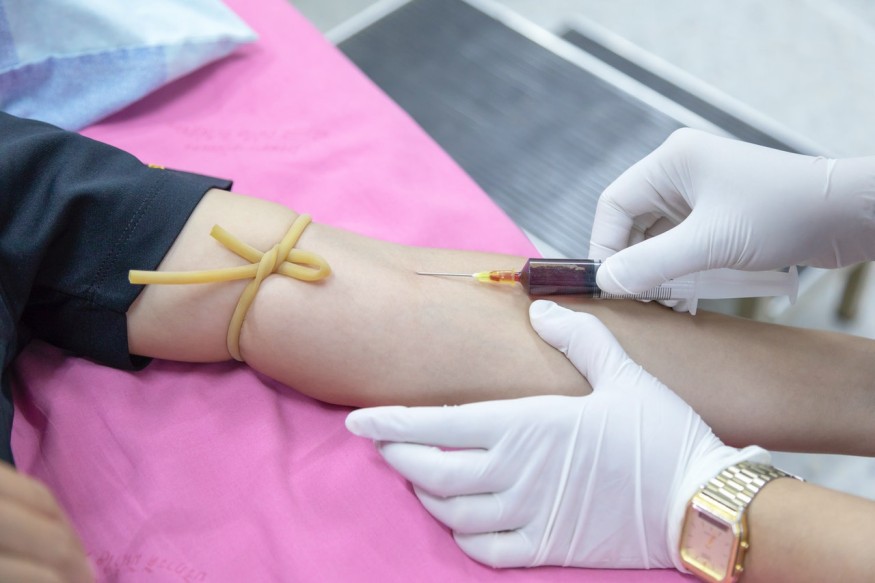Research has indicated that our bodies apparently have three distinct shifts in terms of aging, saying that 34 years, 60 years, and 78 years as the key thresholds.
This means that aging is just one continuously long process that goes at the same pace throughout our living years.
This Stanford University study released in 2019 would help us determine how our bodies start to break down as we age, and how the diseases we get as we age, such cardiovascular disease or Alzheimer's Disease, could be better examined. (Undulating changes in human plasma proteome profiles across the lifespan)

Blood Protein Levels Found to Accurately Predicting a Person's Age
This research showed a new method of accurately predicting a person's age by using the blood's protein levels.
Researchers said in the paper that they "identified undulating shifts" in the lifespan of people.
ALSO READ : Can Losing Weight Make Someone Look Older?
"These changes were the result of clusters of proteins moving in distinct patterns, culminating in the emergence of three waves of aging," they added.
Researchers studied data from the blood plasma of 4,263 people, aged 18 to 95. They analyzed levels of about 3,000 different proteins that move in the biological system. They found out that 1,379 of the total study participants differed with age.
As these protein levels remain relatively constant, researchers discovered that the significant shifts happened in the readings of multiple proteins of young adults (34 years old), middle-aged (60 years old), and old-aged (78 years) individuals.
Researchers Find Connection Between Blood and Aging
A definitive answer to how and why this is happening is not clear, however, if they trace the proteins back to their sources, doctors can caution you that you are aging faster than the average person.
The study also underscores the connection between aging and the blood.
Previous studies showed measuring protein levels in the blood could provide information on a person's health, such as lipoproteins for cardiovascular health. These protein levels, they say, changed remarkably as people age.
Researchers have set up a system wherein the combination of 373 selected blood proteins can be used to predict a person's age within about three years.
The system failed to predict the age of a person who was too young and very healthy for their age.
The study also confirmed something that has been suspected for a long time men and women age differently. Of the 1,379 proteins studied that were determined to change with age, nearly two-thirds or 895 of them were notably more predictive for one gender compared with the other.
Clinical Applications in 5 to 10 Years
Researchers emphasize that these are mere initial findings, as clinical applications are set in five to ten years, and they stressed that it will take more studies to determine how the proteins would be accurate markers for aging, and if they contribute to it.
This, however, indicates the possibility of knowing how well a person ages at a cellular level through a simple blood test.
Nearly two-thirds or 895 of them were notably more predictive for one gender compared with the other. The more we know about how well we are aging, the more we can counteract the process. This would help people know what to drink and eat so that they could add a significant number of years of life. Likewise, such findings could pinpoint treatments to prevent the worst age-based diseases.
RELATED ARTICLE : Top 3 Breakthroughs for Healthy Aging
Check out more news and information on Healthy Aging on Science Times
© 2026 ScienceTimes.com All rights reserved. Do not reproduce without permission. The window to the world of Science Times.











